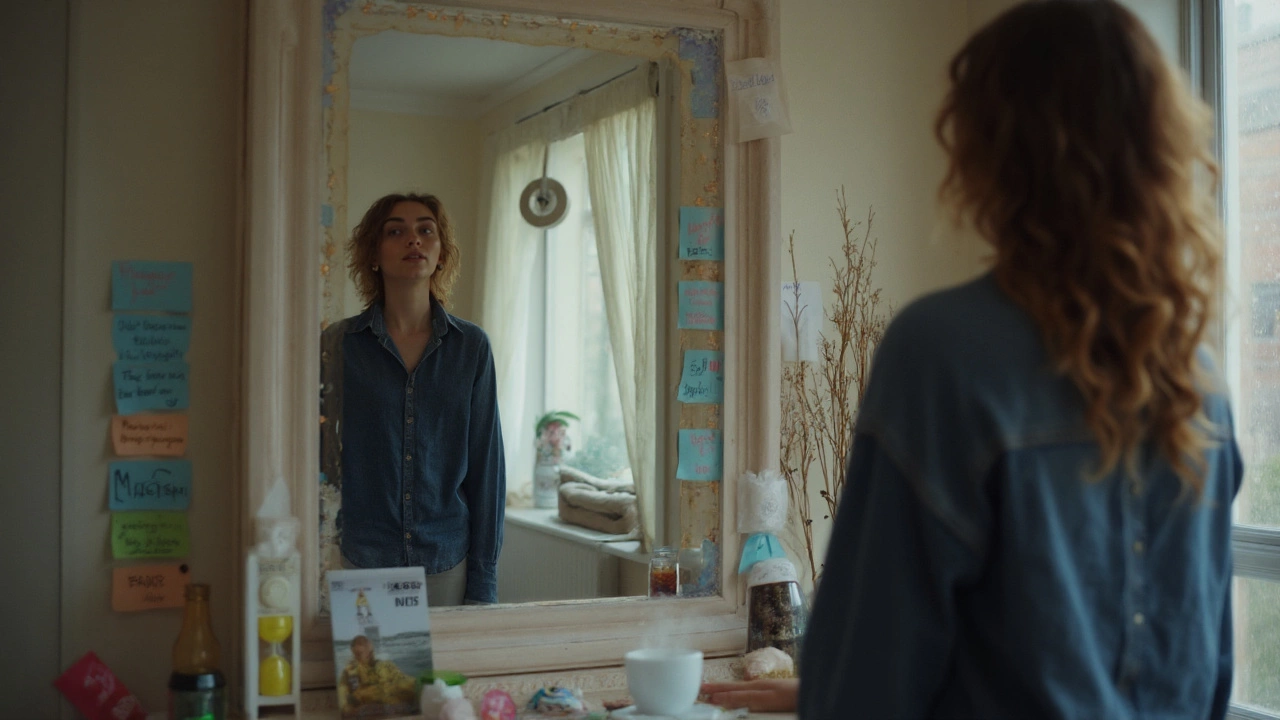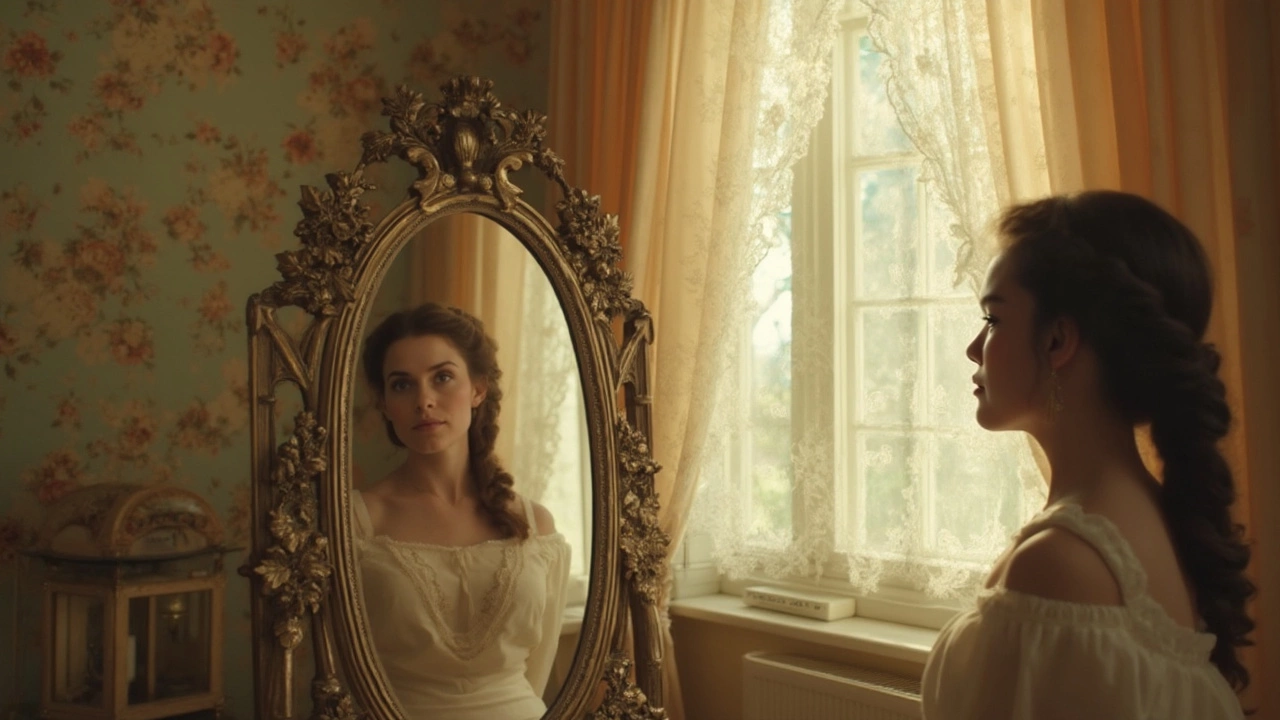Self-Image and Mirrors: Simple Ways to Feel Better About Yourself
Ever notice how a quick glance in the mirror can lift your mood or drag it down? The truth is, mirrors do more than show your looks – they cue your brain about who you are. Understanding that link can help you turn a routine check‑in into a confidence boost.
Why Mirrors Influence How We See Ourselves
When you stare at a reflected face, the brain lights up the same areas it uses for self‑recognition. That short burst can either reinforce a positive self‑story or hammer home insecurities. Research shows people with a habit of critical self‑talk often see those thoughts amplified in the glass.
Fear of mirrors, known as eisotrophobia, isn’t just a quirky quirk. It roots in early experiences or cultural myths that paint reflections as unsettling. If looking at yourself triggers anxiety, the mirror itself becomes a stress trigger, not a neutral tool.
Practical Tips to Use Mirrors for a Better Self-Image
1. Pick the right size. A full‑length mirror lets you see the whole outfit and posture, reducing the urge to focus on one flaw. Smaller vanity mirrors are fine for quick checks, but they can magnify tiny details.
2. Mind the lighting. Natural light flattens shadows and shows true colors. Position a mirror near a window or use a soft LED lamp to avoid harsh glare that can make skin look uneven.
3. Set a time limit. Give yourself 30 seconds to glance, smile, and note something you like. Prolonged staring often leads to over‑analysis.
4. Use a positive mantra. While looking, say something specific you appreciate – "I love my eyes" or "My posture feels strong today." The brain ties the visual cue to the positive phrase.
5. Change the angle. Tilt the mirror slightly upward to emphasize chin lift and confidence‑bearing posture. A lower angle can accentuate a double chin and feed self‑criticism.
6. Declutter the background. A clean wall keeps the focus on you, not on a messy room that can distract or lower mood.
7. Rotate the mirror. If a particular spot makes you uneasy, move it. Mirrors on bedroom doors, for example, can feel intrusive; a wall‑mounted version in the hallway works just as well.
8. Replace negative thoughts. When a critical thought pops up, swap it with a fact – "My hair looks healthy after the wash" – and repeat until the old habit fades.
If mirror anxiety feels overwhelming, consider talking to a therapist. Cognitive‑behavioral techniques can rewire the brain’s reaction to reflections, turning the glass from a stress trigger to a confidence tool.
Bottom line: Mirrors are powerful because they feed the brain visual info about you. By choosing the right size, lighting, and mindset, you can use that info to build a healthier self‑image rather than tear it down.
Who actually gets obsessed with mirrors? Learn the psychology, the normal stuff (toddlers, dancers), red flags like BDD/OCD, and practical steps to reset your mirror habits.
Sep, 12 2025
Mirrors have long been a staple in our daily routines, but how important are they really? This article explores the psychological impacts of mirrors, the pros and cons of mirror usage, and offers practical tips for mindful reflection. Dive into the balance between self-awareness and self-acceptance, as well as understanding the significance of appearances in our lives.
Apr, 12 2025

